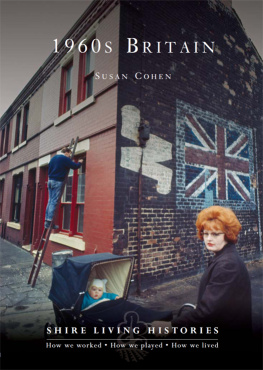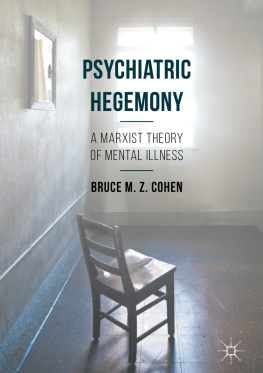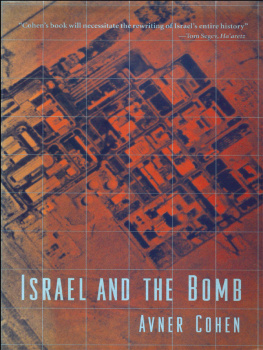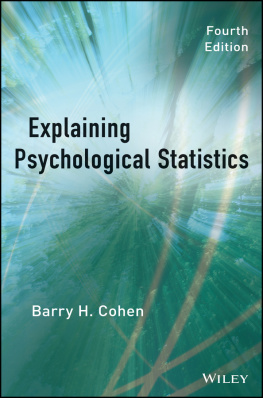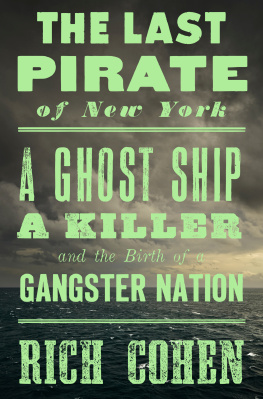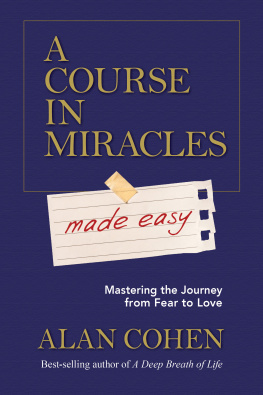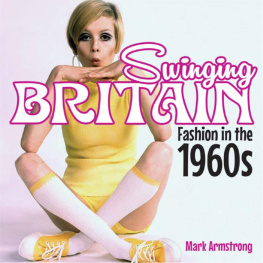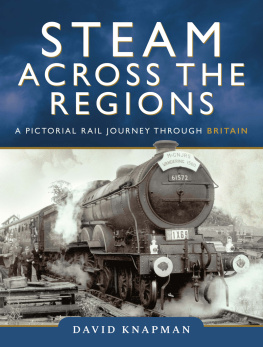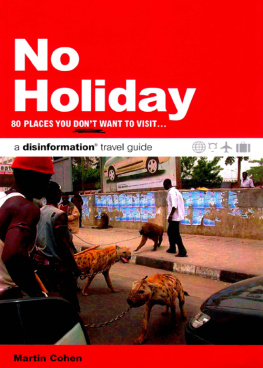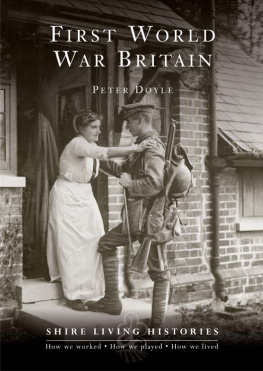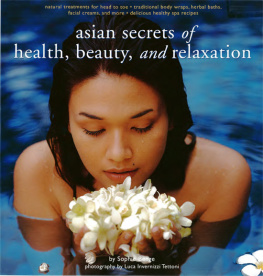Cohen - 1960s Britain
Here you can read online Cohen - 1960s Britain full text of the book (entire story) in english for free. Download pdf and epub, get meaning, cover and reviews about this ebook. City: Great Britain, year: 2014, publisher: Osprey Publishing Ltd;Shire Publications Ltd, genre: Non-fiction. Description of the work, (preface) as well as reviews are available. Best literature library LitArk.com created for fans of good reading and offers a wide selection of genres:
Romance novel
Science fiction
Adventure
Detective
Science
History
Home and family
Prose
Art
Politics
Computer
Non-fiction
Religion
Business
Children
Humor
Choose a favorite category and find really read worthwhile books. Enjoy immersion in the world of imagination, feel the emotions of the characters or learn something new for yourself, make an fascinating discovery.
- Book:1960s Britain
- Author:
- Publisher:Osprey Publishing Ltd;Shire Publications Ltd
- Genre:
- Year:2014
- City:Great Britain
- Rating:4 / 5
- Favourites:Add to favourites
- Your mark:
- 80
- 1
- 2
- 3
- 4
- 5
1960s Britain: summary, description and annotation
We offer to read an annotation, description, summary or preface (depends on what the author of the book "1960s Britain" wrote himself). If you haven't found the necessary information about the book — write in the comments, we will try to find it.
1960s Britain — read online for free the complete book (whole text) full work
Below is the text of the book, divided by pages. System saving the place of the last page read, allows you to conveniently read the book "1960s Britain" online for free, without having to search again every time where you left off. Put a bookmark, and you can go to the page where you finished reading at any time.
Font size:
Interval:
Bookmark:
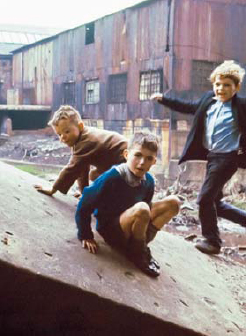
Children playing on a bomb-site in Manchester, 1960s.

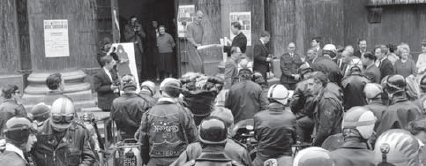
Members of the 59 Club outside St Martin in the Fields church, London, to support Christian Aid, 24 May 1964. The 59 Club started in 1959 as a Church of England-based youth club in Hackney Wick, London. It was adopted by rockers in the early 1960s. Father Graham Hullett was one of the eight founder members and in 1967 became the clubs first full-time youth worker.
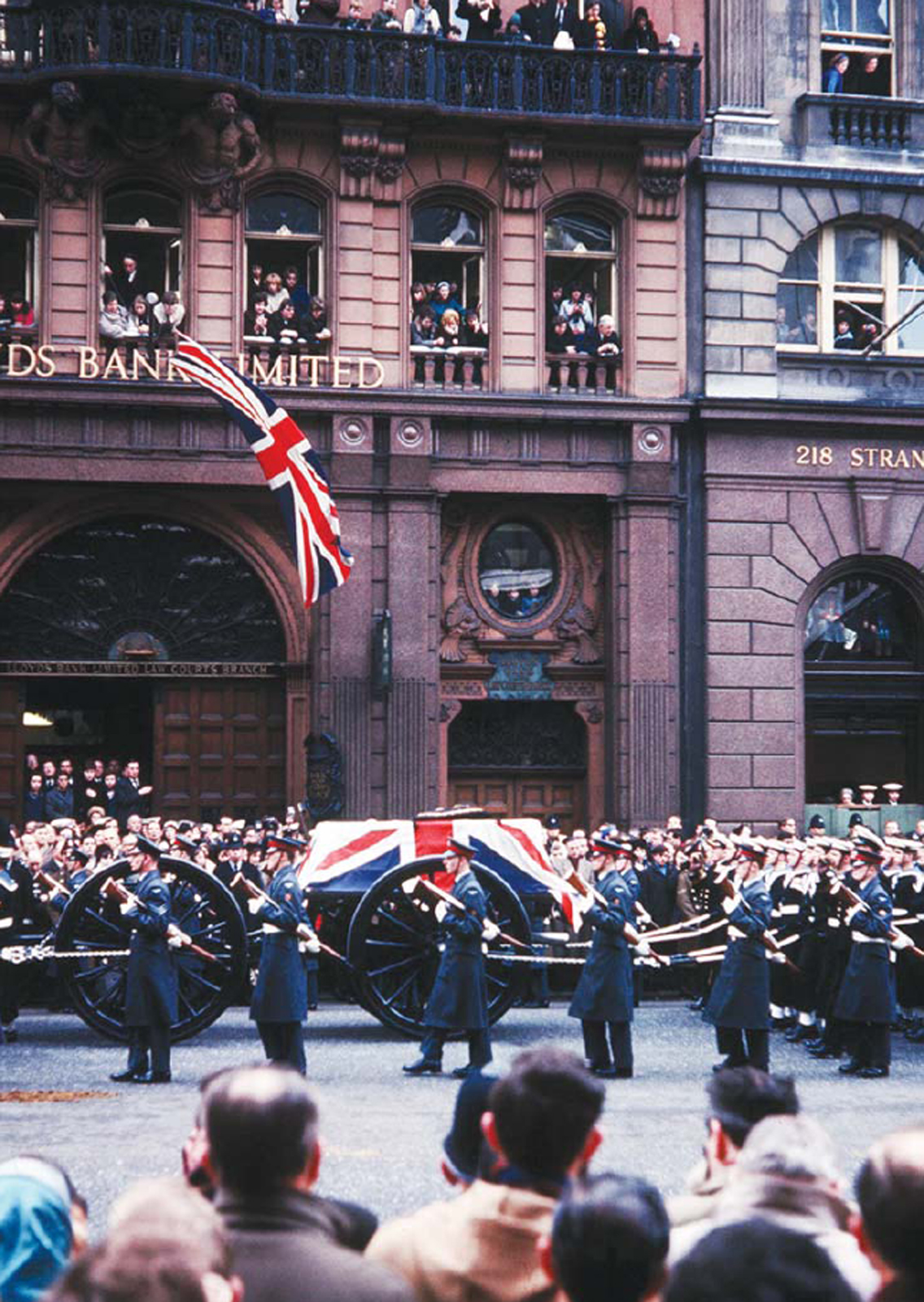
The death of Sir Winston Churchill sent waves of emotion throughout the land, and more than 320,000 people filed past his body as it lay in state at Westminster Cathedral before his state funeral on 30 January 1965.
M ANY PEOPLE have been credited with saying, if you can remember the sixties, you werent there. Whoever it was, they were wrong.
There was far more to the 1960s than the Beatles or psychedelic shirts on the Kings Road. It was a decade in which the welfare state began to realise its original promise, starting to offer genuine improvements in the lives of many people, and before its inherent contradictions and unfeasible cost began to loom as large as they later would. With the grim reality of working-class life repeated and unflinchingly portrayed on the screen and stage, the resultant determination to forge a better life for all citizens was palpable.
It was a time of buoyant modernism and genuine optimism, right across society, with a mood of liberal rebellion against the shackles of Victorian values, and uncritical enthusiasm for the United States politically, and for American popular culture more generally.
Susan Cohens look at British life in the years 196069 provides a balanced correction to the many studies of the period that focus on the music, the media and the sensational lifestyles of the most privileged. She finds the 1960s as much in the grimy reality of lower-middle-class high streets and the football pools, as in the Lady Chatterley trial or The Avengers. Despite this she is happy to acknowledge the many and real changes for the better that occurred: the prosperity that meant that wartime rationing which had continued to the mid-1950s soon seemed unimaginable; and the wholesale demolition of Victorian slums and their replacement with estates and high-rise blocks designed (not entirely successfully) to achieve a new and better environment for their inhabitants.
With its fascinating mixture of reportage photographs, popular culture imagery and forgotten details of life, this book allows all those whose drug-fuelled lifestyle meant that they have forgotten the 1960s to find out what they missed.
Peter Furtado
General Editor
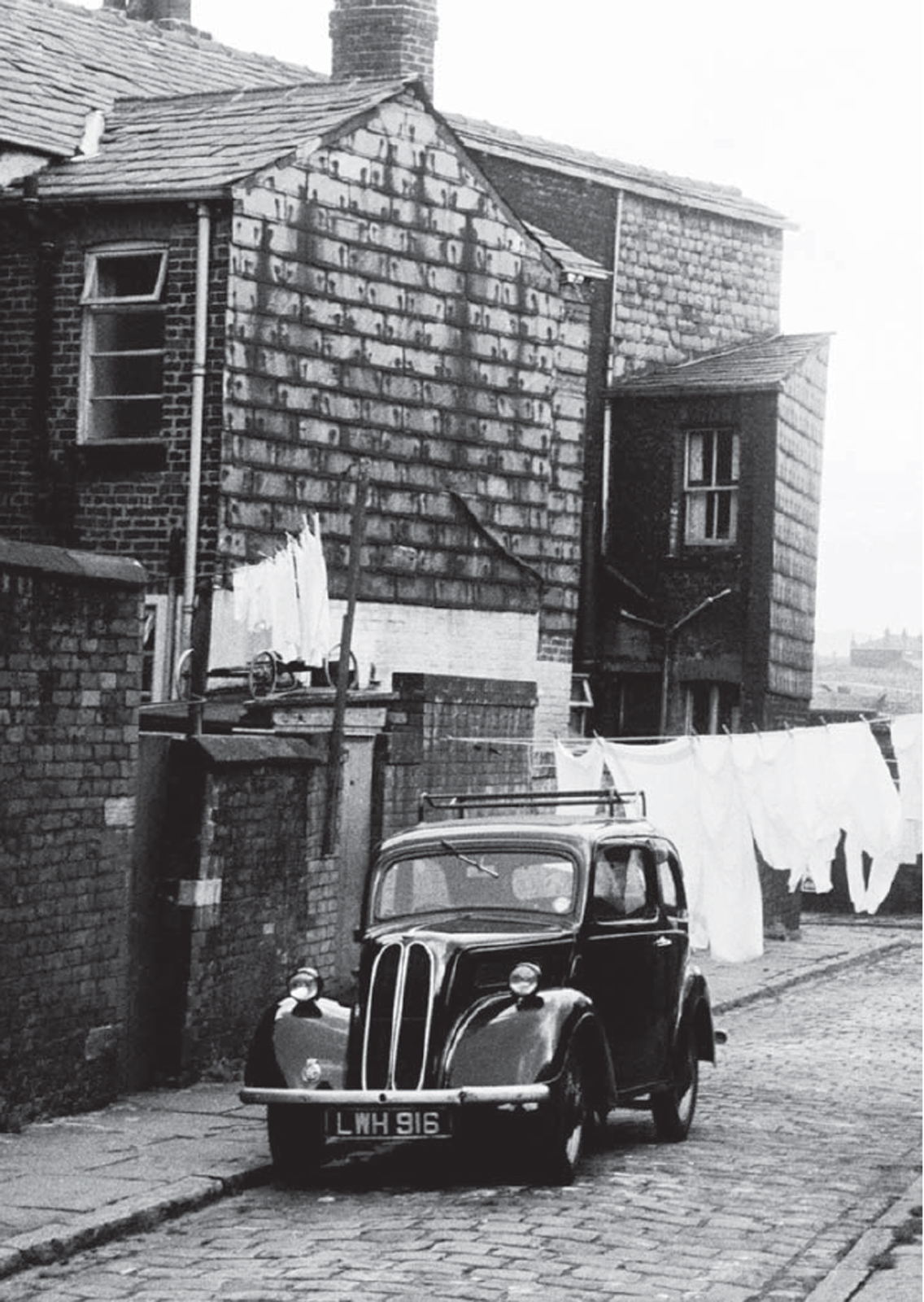
A back street in Bolton in the early 1960s.
T HE POPULAR IMAGE of 1960s Britain is of the Swinging Sixties, a golden age in which the whole nation was enjoying a wonderful party. The decade was certainly characterised by enormous social, economic, cultural and political change, much of it accompanied or even driven by a new optimism. This confidence was underpinned by finance, with people able to move up the economic ladder, and the big picture was one of full employment. But there was also a ruthless process of self-ridicule, which emerged in the form of satire that challenged this same optimism. Besides this there was genuine public concern over the brain drain, the exodus of British talent, especially in the scientific, academic and technical arenas, mostly to the USA, which was fuelled by high taxation and lack of opportunity. State censorship came to an end and a climate prevailed in which entrepreneurs and innovators were able to thrive, driven by consumer demand, creating everything from consumer opportunities to medical advances. At the start of the decade society at large was patriotic, class conscious and cautious, accepting of gender and race inequalities and accustomed to the traditional role of men as breadwinners and women as homemakers. National Service was coming to an end with the last call-ups made in December 1960. Divorce and illegitimacy were stigmatised, homosexuality and abortion were illegal, and the punishment for murder was the death penalty. The baby-boom generation, born in the mid- to late 1940s, were the new teenagers of the 1960s more than five million at the start of the decade and their outlook, values and expectations were very different from those of their parents; these both shaped them and their environment. They enjoyed enhanced educational, employment and cultural opportunities, unheard-of freedom and spending power. But the relentless pace of change was uneven, for by contrast there were millions of people, especially in the north-east and west, the industrial heartlands, south Wales and central Scotland, as well as the poorer areas of London and other big cities, whose lives changed very little. They continued to suffer from unemployment, homelessness, isolation and poverty, and immigrants, many of whom were economic migrants, were subjected to prejudice and racism.
Economically, the decade began inauspiciously. The Conservative governments 1959 tax-cutting measures were proving ineffective, and when prime minister Harold Macmillan appointed Selwyn Lloyd as chancellor of the exchequer in July 1960, the trade gap was widening and industrial unrest was crippling the docks, the car and the construction industries. The pattern continued in early 1961, with walk outs and rejected pay demands leading to staff working to rule. Selwyn Lloyds deflationary Little Budget, and legally unenforceable pay freeze on the public sector, failed to squeeze domestic demand and reduce imports. As austerity bit, so public support for Macmillan diminished, only to be compounded by the loss of the Orpington by-election to the Liberals in March 1962. Worse followed on 13 July, the Night of the Long Knives, when details of Macmillans dramatic Cabinet reshuffle, which ousted Selwyn Lloyd and five other Cabinet ministers, was leaked in advance to the press. There were, meanwhile, the on-going pressures of the Cold War: 22 October 1962 was indelibly etched in peoples minds as the first day of the Cuban missile crisis, when the world was brought to the edge of a nuclear war. Added to this was the sentencing to eighteen years imprisonment of John Vassall, a former cipher clerk in the British Embassy in Moscow, then a civil servant in the Admiralty, who pleaded guilty to spying for the Soviet Union, and in 1963 the defection of Kim Philby, formerly head of the Soviet section of MI5, and unmasked as a KGB mole. The last straw for the ailing Macmillan was the Profumo affair, caused by the secretary of state for wars sexual liaison with a call girl, Christine Keeler. Profumo resigned on 5 June 1963, having caused irreparable damage to the party, and Macmillan, who had also failed in his efforts to get Britain into the European Common Market, followed suit in October. A month later, on 22 November, the President of the United States, John Kennedy, was assassinated in Dallas, Texas, an event that echoed across the world. At home, and to the surprise of many in Parliament, the aristocratic Alec Douglas-Home was appointed new prime minister, but his tenure was short lived, for when the country went to the polls in October 1964, HaroldWilson won with a narrow majority of five seats, on the back of his promise to modernise the country.
Font size:
Interval:
Bookmark:
Similar books «1960s Britain»
Look at similar books to 1960s Britain. We have selected literature similar in name and meaning in the hope of providing readers with more options to find new, interesting, not yet read works.
Discussion, reviews of the book 1960s Britain and just readers' own opinions. Leave your comments, write what you think about the work, its meaning or the main characters. Specify what exactly you liked and what you didn't like, and why you think so.

